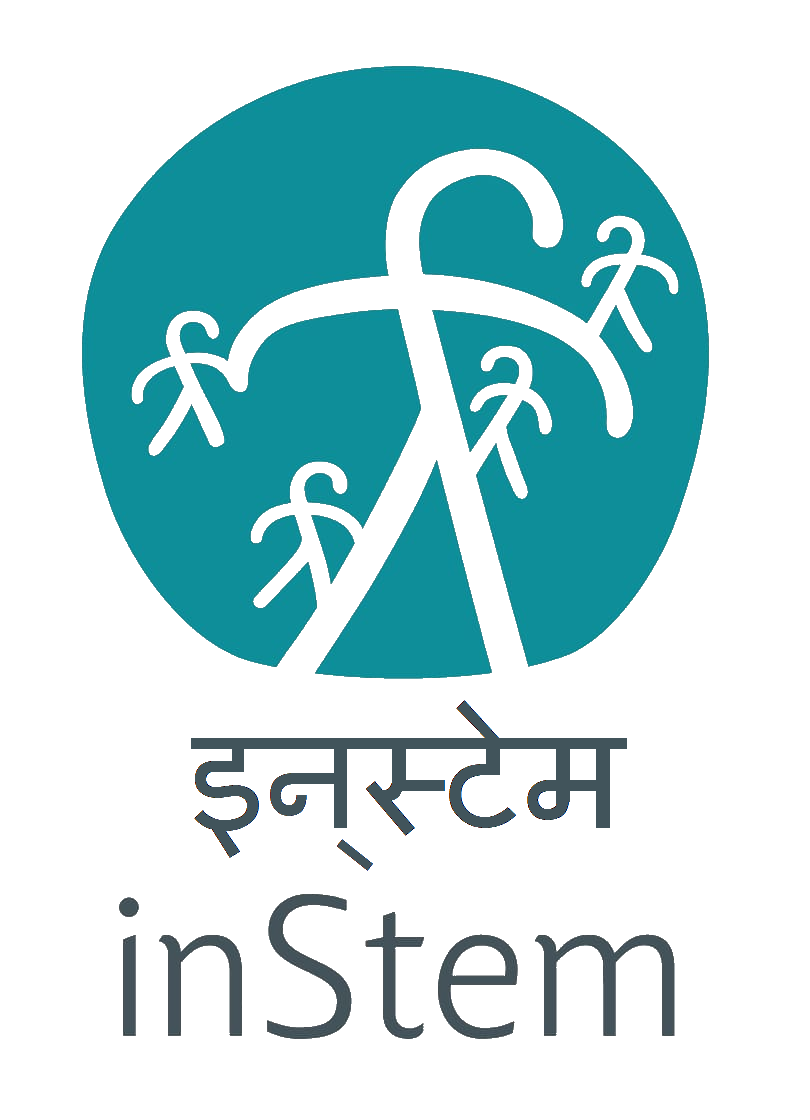Urolithin A, a Novel Natural Compound to Target PI3K/AKT/mTOR Pathway in Pancreatic Cancer.
| Title | Urolithin A, a Novel Natural Compound to Target PI3K/AKT/mTOR Pathway in Pancreatic Cancer. |
| Publication Type | Journal Article |
| Year of Publication | 2019 |
| Authors | Totiger TM, Srinivasan S, Jala VR, Lamichhane P, Dosch AR, Gaidarski AA, Joshi C, Rangappa S, Castellanos J, Vemula PKumar, Chen X, Kwon D, Kashikar N, VanSaun M, Merchant NB, Nagathihalli NS |
| Journal | Mol Cancer Ther |
| Volume | 18 |
| Issue | 2 |
| Pagination | 301-311 |
| Date Published | 2019 Feb |
| ISSN | 1538-8514 |
| Abstract | Pancreatic ductal adenocarcinoma (PDAC) is an aggressive malignancy and is highly resistant to standard treatment regimens. Targeted therapies against , a mutation present in an overwhelming majority of PDAC cases, have been largely ineffective. However, inhibition of downstream components in the KRAS signaling cascade provides promising therapeutic targets in the management of PDAC and warrants further exploration. Here, we investigated Urolithin A (Uro A), a novel natural compound derived from pomegranates, which targets numerous kinases downstream of KRAS, in particular the PI3K/AKT/mTOR signaling pathways. We showed that treatment of PDAC cells with Uro A blocked the phosphorylation of AKT and p70S6K successfully inhibited the growth of tumor xenografts, and increased overall survival of Ptf1a;LSL-Kras;Tgfbr2 (PKT) mice compared with vehicle or gemcitabine therapy alone. Histologic evaluation of these Uro A-treated tumor samples confirmed mechanistic actions of Uro A via decreased phosphorylation of AKT and p70S6K, reduced proliferation, and increased cellular apoptosis in both xenograft and PKT mouse models. In addition, Uro A treatment reprogrammed the tumor microenvironment, as evidenced by reduced levels of infiltrating immunosuppressive cell populations such as myeloid-derived suppressor cells, tumor-associated macrophages, and regulatory T cells. Overall, this work provides convincing preclinical evidence for the utility of Uro A as a therapeutic agent in PDAC through suppression of the PI3K/AKT/mTOR pathway. |
| DOI | 10.1158/1535-7163.MCT-18-0464 |
| Alternate Journal | Mol. Cancer Ther. |
| PubMed ID | 30404927 |
| PubMed Central ID | PMC6363854 |
| Grant List | R01 CA161976 / CA / NCI NIH HHS / United States R21 CA209536 / CA / NCI NIH HHS / United States T32 CA211034 / CA / NCI NIH HHS / United States |


